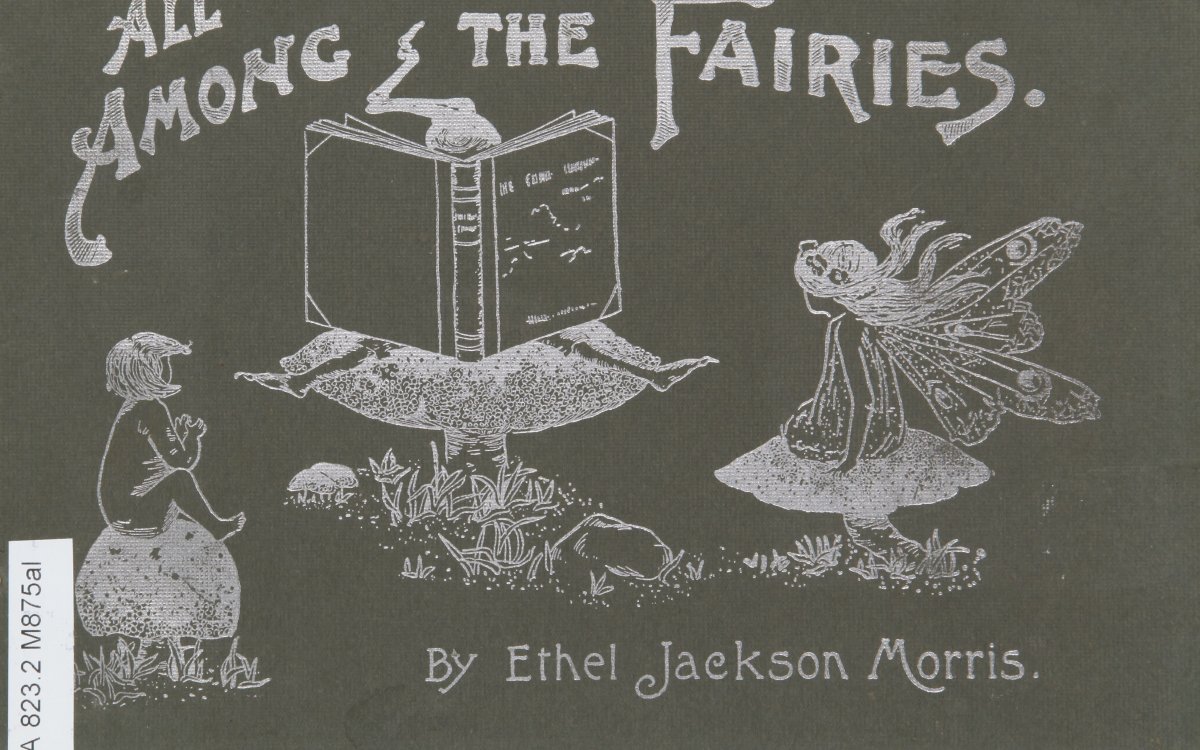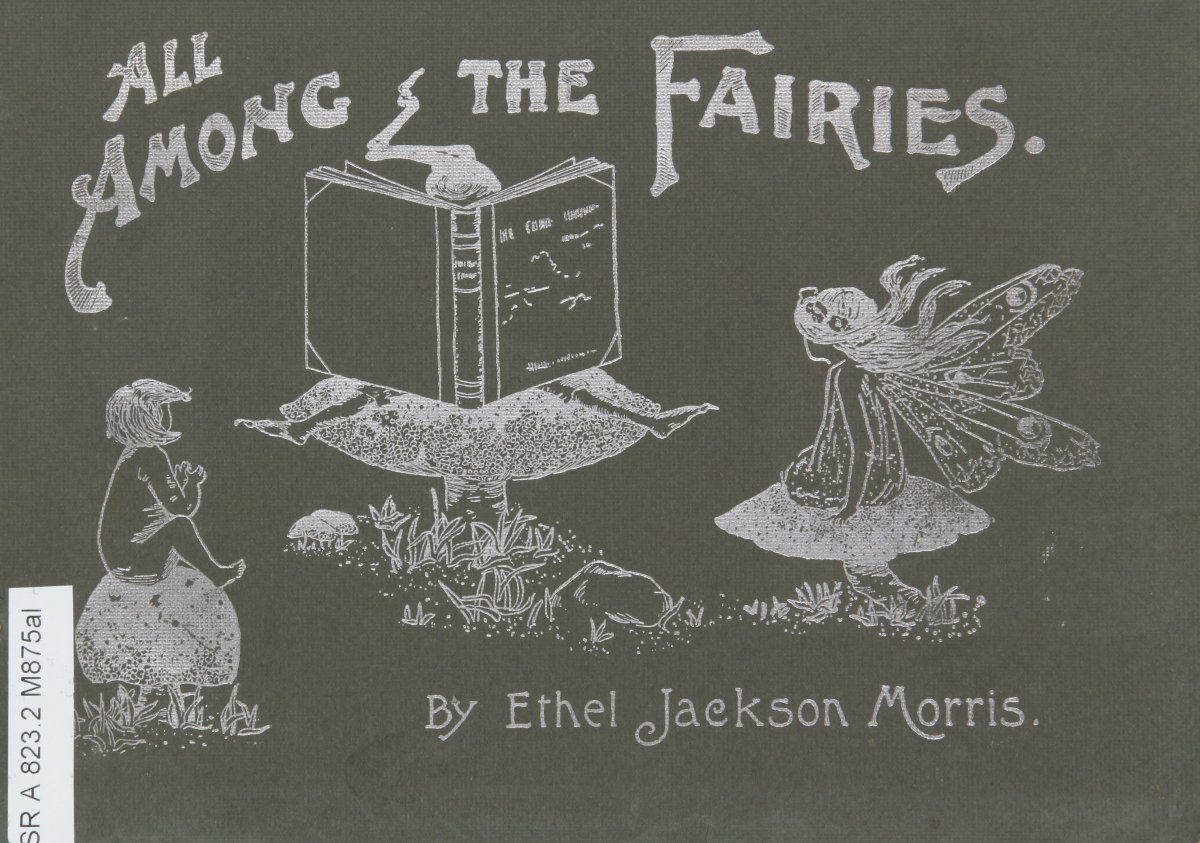
Morris, Ethel Jackson, 1891-1985. (1909). All among the fairies / by Ethel Jackson Morris. Melbourne : John Wyatt http://nla.gov.au/nla.obj-22387121
Authors and illustrators of children’s books bring imaginary and distorted worlds to life, creating works inhabited by curious creatures and magical beings. These works include fairy tales and fantasy books.
One of the most obvious benefits of fantasy is that it allows readers to experiment with different ways of seeing the world. It takes a hypothetical situation and invites readers to make connections between the fictional scenario and their own reality.
Set outside the real world, fantasy fiction provides a filter through which children can read about issues that might otherwise feel more frightening.
Quest stories are about heroes facing challenges. A quest can be both physical – a journey – and spiritual or psychological – perhaps a rite of passage or growth in self-identity – but it is never for riches or adventure for their own sake. Some heroes are not on quests, just adventures!
Activities
Students can combine fantasy and imagination to create a fantastic world. In groups or individually, have students explore the idea of creating a quest with a purpose.
In this task, students might:
- create plot tension through imaginative language
- create a language of symbols
- create a writing wall with post-it notes to map the sequence of their ideas
- incorporate the correct use of punctuation and language as part of the task
- include characters to support the main protagonist/s.
